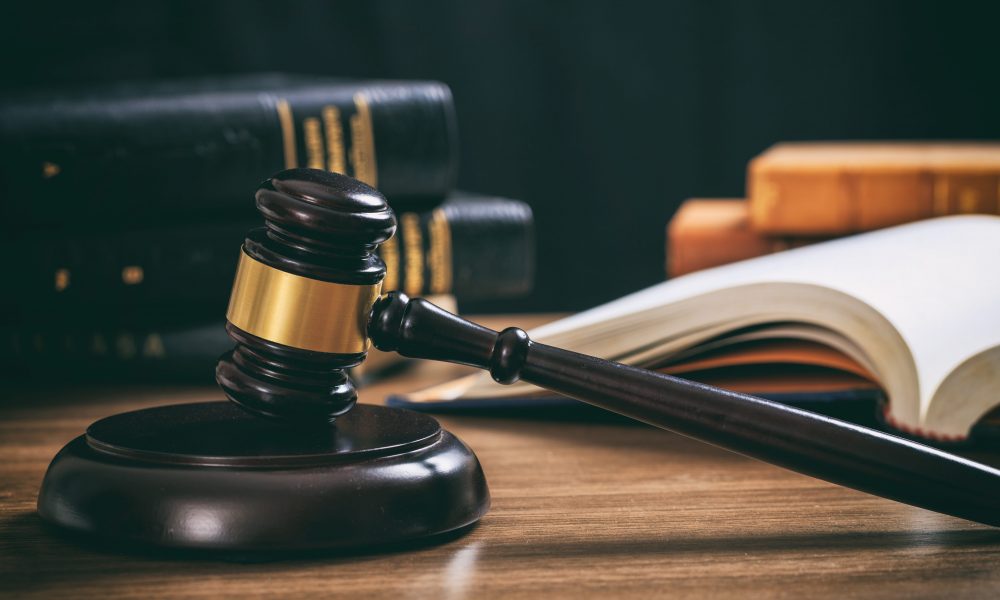Navigating the Chapter 13 bankruptcy process in Indianapolis can feel overwhelming, especially if we’re unfamiliar with local laws and procedures. A knowledgeable Chapter 13 attorney in Indianapolis guides us through every stage, protecting our rights and helping us create a manageable repayment plan. With the right legal support, we can make informed decisions about our finances and work toward a more stable future.
We often wonder if hiring a Chapter 13 attorney is necessary or whether we can handle the process ourselves. An experienced attorney not only explains our options but also represents our interests in court and with creditors, ensuring compliance with court requirements. By working with a qualified Indianapolis professional, we can reduce stress and avoid costly errors that might delay or derail our debt relief efforts.
Understanding Chapter 13 Bankruptcy in Indianapolis
Chapter 13 bankruptcy is a legal process designed for consumers who want to restructure their debts while keeping assets like a home or car. Knowing the qualifications, process, and differences compared to other types of bankruptcy helps us make informed decisions.
What Is Chapter 13 Bankruptcy
Chapter 13 bankruptcy allows us to create a repayment plan to pay back creditors over three to five years. This process is suited for people with regular income who wish to prevent foreclosure or repossession.
Under Chapter 13, we can stop collection activities and wage garnishments while working out a manageable schedule for our debts. The court reviews our proposed plan and ensures it meets federal bankruptcy law requirements. Typically, we must submit detailed documentation of our income, expenses, and debts.
A major benefit is that we may keep property even if we are behind on mortgage or car payments. Our debts are usually consolidated into one payment made to a court-appointed trustee, who then pays our creditors.
Eligibility Requirements in Indianapolis
To file for Chapter 13 bankruptcy in Indianapolis, we need a reliable income and debts that fall within specified limits. As of 2025, our unsecured debts should be less than $465,275, and secured debts less than $1,395,875. These limits are periodically adjusted.
We must complete credit counseling from an approved provider before filing our petition in the Southern District of Indiana U.S. Bankruptcy Court. People who have had a recent bankruptcy case dismissed may face waiting periods before filing again.
Our petition requires accurate financial disclosures, including assets, liabilities, income, and expenditures. If we are filing jointly, both spouses must provide information. Failure to meet these requirements can result in dismissal of the case.
Chapter 13 vs. Chapter 7 and Chapter 11
Chapter 13 differs from Chapter 7 and Chapter 11 in several key ways. Chapter 7 is a liquidation bankruptcy in which most assets may be sold to pay creditors, while Chapter 13 focuses on repayment without asset liquidation.
Comparison Table:
| Type | Asset Protection | Repayment Plan | Eligibility |
| Chapter 7 | Limited | No | Income below state median |
| Chapter 13 | Broad | Yes | Regular income required |
| Chapter 11 | For businesses | Yes | Usually high debt/business |
Chapter 11 bankruptcy is mainly intended for businesses or individuals with complex, high-value debts, and is seldom used for typical consumer cases in Indianapolis. Chapter 13, on the other hand, is designed for consumers and homeowners seeking to restructure personal debts while retaining essential assets.
How a Chapter 13 Attorney Assists Your Case
Selecting a Chapter 13 bankruptcy attorney in Indianapolis directly impacts our financial stability, legal protection, and debt management options. We benefit from professional legal guidance at every stage, from petition preparation to plan completion.
Role of a Chapter 13 Bankruptcy Attorney
As bankruptcy attorneys, our main responsibility is to represent our interests and ensure our compliance with the bankruptcy code. We evaluate our financial situation, explain whether Chapter 13 is appropriate, and clarify alternative debt relief options.
We also gather all necessary documents, such as income statements, debt records, property valuations, and expense lists. A bankruptcy lawyer then helps us complete and file the petition, preventing errors that could result in delays or dismissals. Every case filed with the federal court must adhere strictly to procedural requirements.
If we need a legal referral service, especially in Marion County, seeking one through the Indiana State Bar Association improves our chances of finding an experienced legal professional.
The Legal Process and Representation
A Chapter 13 bankruptcy attorney represents us at all required court hearings, including the meeting of creditors (341 meeting). This professional addresses questions from the bankruptcy trustee and creditors and advocates for our interests if disputes arise regarding our repayment plan.
They prepare and submit our proposed repayment plan. This includes working with us to determine a reasonable monthly payment based on our income, property, and allowable living expenses.
Throughout the process, the attorney remains our point of contact for questions, keeps us updated about case developments, and manages communication with the bankruptcy court and trustee. If issues surface, such as creditor objections or changes in our finances, they file appropriate motions and advocate on our behalf.
Debt Management and Financial Management Strategies
A Chapter 13 bankruptcy attorney designs a plan to help us keep essential property while repaying eligible debts over three to five years. We work together to prioritize mortgage or car loan arrears, back taxes, and other key obligations.
They provide resources for court-mandated credit counseling and financial management education, which the bankruptcy code requires. This helps us build skills to maintain financial stability once our case is resolved.
The attorney also reviews our plan regularly, advising us on adjustments if circumstances change. Their experience contributes to a realistic strategy that fits our financial needs and supports long-term success. A reputable firm or legal professional will ensure that we comply with requirements from the Indiana State Bar Association and local federal courts.




